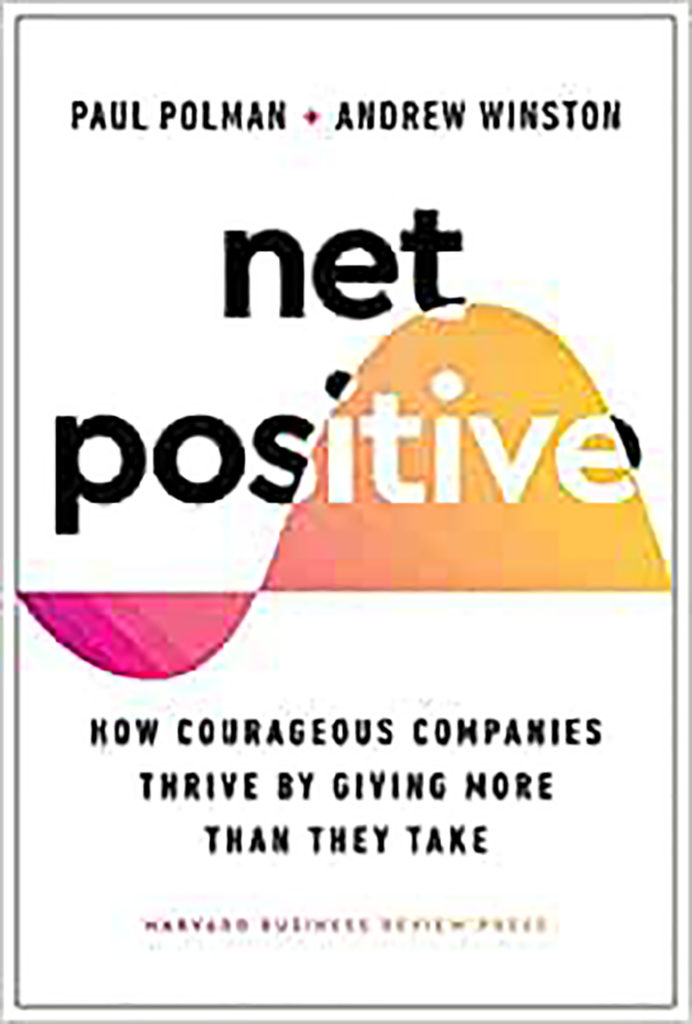Years ago – decades, if I'm honest – I visited a place called Port Sunlight, near Liverpool, in north-west England. It's a model village. No, it isn't made up of dolls' houses: its mission was to house full-size people. But it is rather elegant, with attractive buildings in a variety of architectural styles, plenty of green space, a theater, and an art gallery.
I was surprised to learn that a Victorian soap-making company built Port Sunlight for its workers. "Sunlight" was the name of their leading soap brand. The name of the company was Lever Brothers.
I say I was surprised because this was at odds with what I thought I knew about industrial life in Victorian England. I'd read Dickens' novels – even the really long ones. I knew about the boot-blacking factories, the grim northern mills, and the struggles of the urban poor.
So what were the people who conceived Port Sunlight thinking? OK, it was built toward the end of the Victorian era. Fewer children were working in hard manual labor, and most were learning to read and write. But even so, Port Sunlight was radical. Was it just an example of paternalism? Was the bosses' mission just to look after the little people out of a sense of self-regarding righteousness?
Turns out it was simpler than that. A happy, healthy, well-housed workforce performed better. Port Sunlight was good for business. Lever Brothers started out by making a product that promoted cleanliness and good health, at a time when public health was going through a revolution. And they built that promotion into their own business.
Fast forward 100 years or so, to 2009. Lever Brothers have come a long way. Under the name Unilever, the company has grown into a huge, diversified group with interests in foods, chemicals, and a wide range of domestic products. And it's got problems.
That's where one of the co-authors of "Net Positive: How Courageous Companies Thrive by Giving More Than They Take" comes in. He's Paul Polman, former CEO of Unilever. When he took over the company, it was in the doldrums. Growth was flat, shareholders were restless. The company was a case study in tired, industry-standard practice. Short-term profits were prioritized over investment and development.

Polman understood that Unilever needed to rediscover its purpose – a word that's everywhere in "Net Positive." Because companies that have a wider mission than simply delivering profits for shareholders will likely end up ahead of the market. And along the way they can do real good in the world.
Lever Brothers had begun its journey toward becoming a global commercial juggernaut by looking after its people. Those people, in turn, had gone to work to make a major contribution to Britain's late-19th-century public health revolution.
So, a century or so later, Polman brought the senior managers of the company together to rediscover their corporate purpose at the place where it all began: Port Sunlight.
"Net Positive" charts Unilever's drive to become one of the world's most environmentally and socially aware corporations. A business that seeks not only to be neutral in impact, but to actively make the world better.
If you think of the enormous demands that manufacturing corporations make on natural resources, to name but one area, it's a tough ask. And Unilever has a negative history to address. Sunlight Soap, which set the whole ball rolling, way back when, was made using palm oil – a resource whose production is now identified as one of the most damaging to biodiversity.
But the effort seems to be sincere. It's rooted in a revolution in corporate culture. Employees are challenged to find their personal purpose and their personal mission, and they're held accountable for what they do. The "Unilever Sustainable Living Plan" brings sustainability to the fore and sets tough benchmarks. And Unilever has rediscovered what its founders learned back in the day: treating people decently is good for business.
You could be very cynical about "Net Positive," and Unilever. Global corporations must, at some point, turn in healthy profits. They aren't charities. Corporations often pride themselves on their toughness, in a macho way. And "greenwashing" has become widespread. I remember the collapse of Enron, and the global banking crisis of 2009. I reserve the right to be skeptical.
But I also remember Port Sunlight. And I remember that I've lived in far worse housing, and that many people still do. Unilever is on the record as a company that recognizes its history, and understands its future responsibilities. And if it leads the way for others to follow, then maybe we do have the basis for a revolution in corporate thinking.
We review the best new business books and the tested classics in our monthly Book Insights, available as text or as 15-minute audio downloads.
So, if you're a Mind Tools Club member or corporate user, download or stream the "Net Positive" Book Insight now!
If you haven't already signed up, join the Mind Tools Club and gain access to our 2,400+ resources, including 390+ Book Insights. For corporate licensing, ask for a demo with one of our team.
Do businesses have a responsibility to deliver more than just profits for shareholders? Should they put sustainability on an equal footing? Let us know in the Comments, below.

"It started with an ice-breaker. I found myself face-to-face with the head of the whole company. And as I started answering the question, I began to cry, right in front of him. " Melanie Bell
Book Insight, Communication, Mental Health, Stress, Wellbeing
It's the age-old question senior members of the team always ask themselves... "What makes a good leader?" and "Am I one?" Speaking from personal experience, it's a tricky question to answer. I've had great leaders. Ones that have inspired me, guided me, and from whom I've learned a great deal. They're the ones that listened […]
"Stolen Focus" is a wake-up call. It deserves our attention – if we can spare it!
Book Insight, Empowerment, Personal Development, Stress, Wellbeing